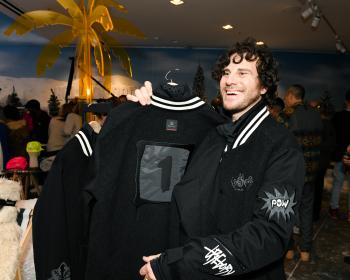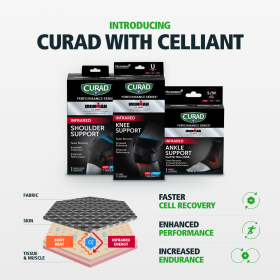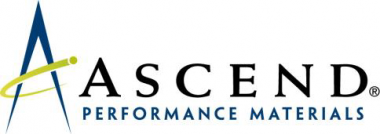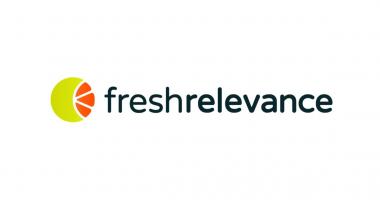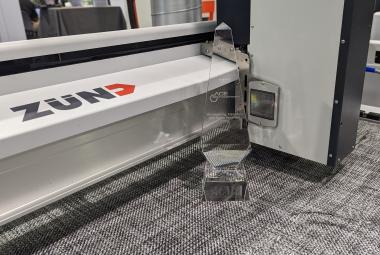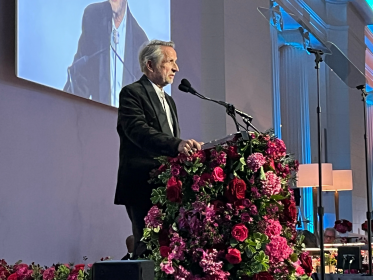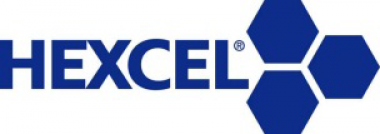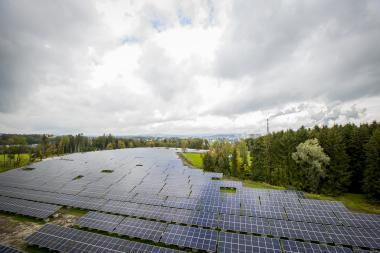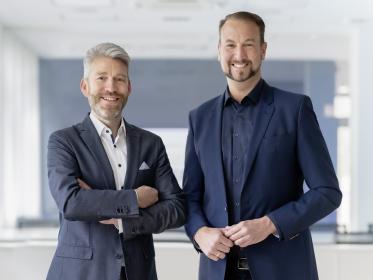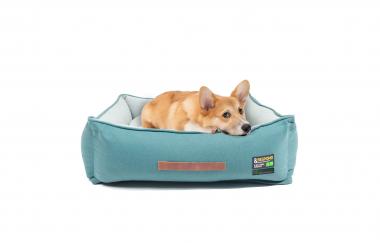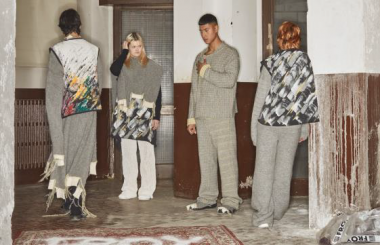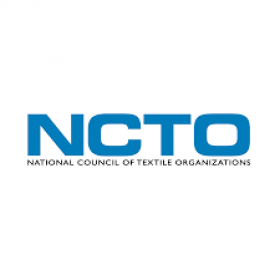Bogner: FIRE+ICE X POW launches the GREGORY VARSITY SKI JACKET
FIRE+ICE and POW (Protect our Winters) celebrate an exclusive collaboration to protect the climate. POW advocates for sustainable winter sports with the goal to bring outdoor enthusiasts and climate protection together.
The unisex “GREGORY VARSITY SKI JACKET” features an exclusive print by renowned American artist Gregory Siff and is limited to 350 pieces. True to FIRE+ICE's DNA, the jacket is a mix of style and performance: a casual varsity jacket with special technical features that guarantee best performance. The jacket is sustainably made from ethically sourced wool and recycled nylon, which is also windproof and waterproof.
Willy BOGNER GmbH


